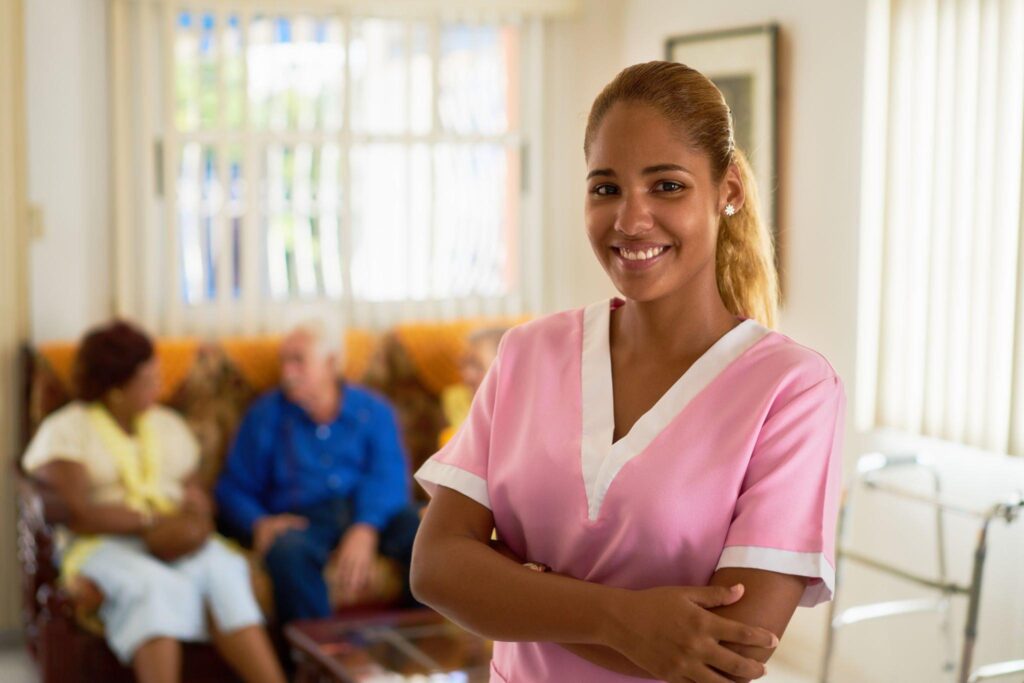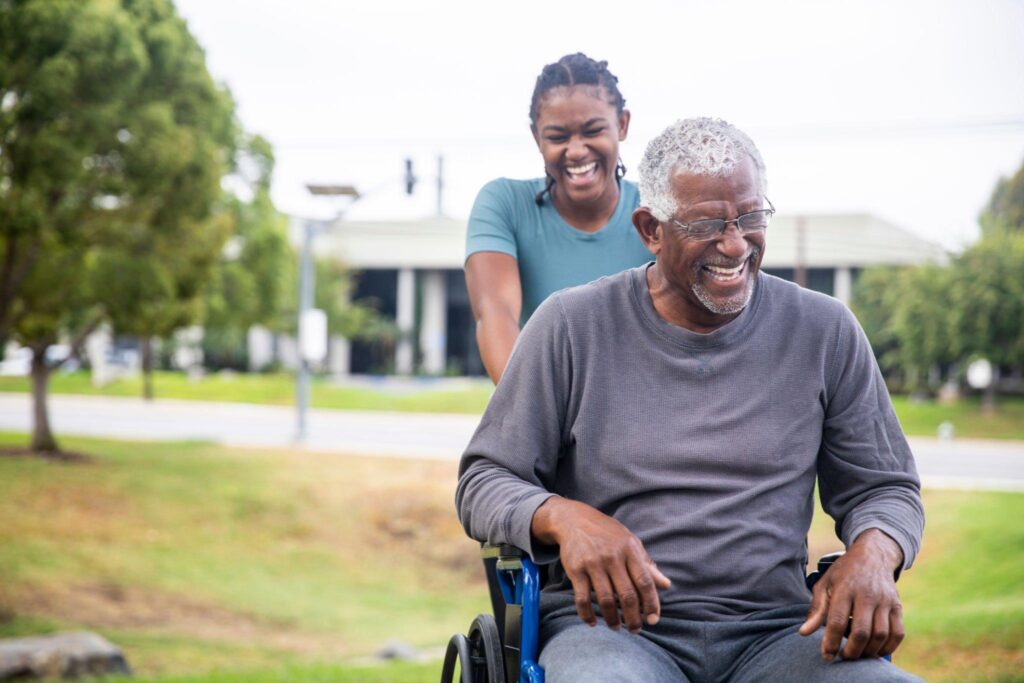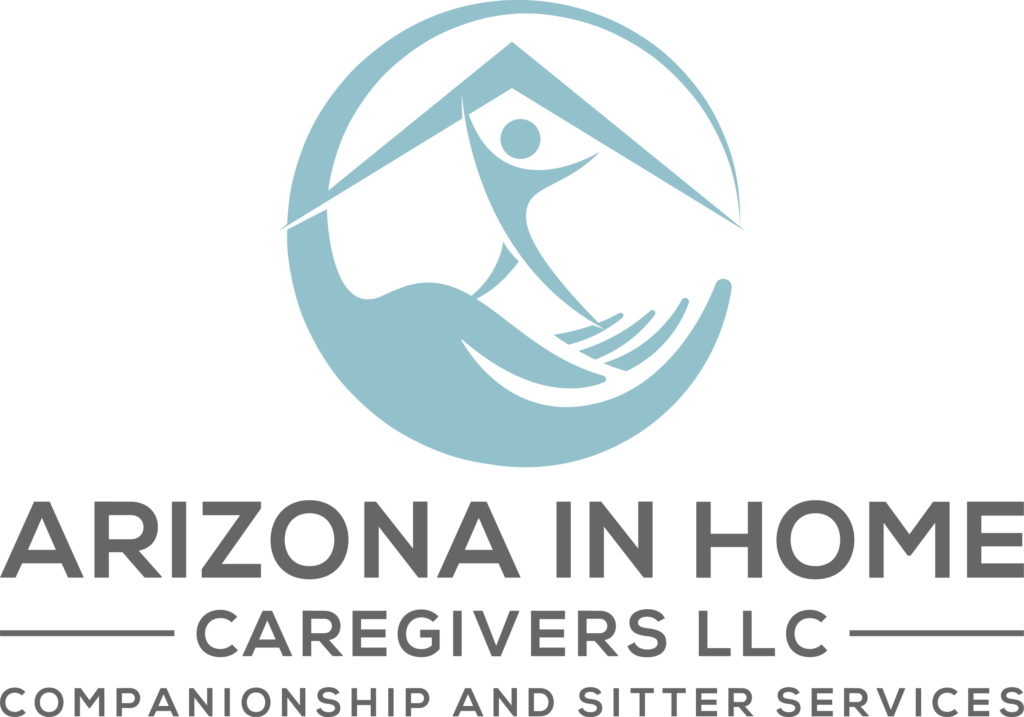non medical in home care services


As we age, performing daily living activities independently becomes increasingly difficult. Non-medical in-home care services assist with these activities, allowing seniors to maintain their independence and quality of life. In this article, we will explore the benefits of non-medical in-home care services, the activities of daily living, and the importance of non-routine medical care.
Non-medical in-home care services are a type of care that assists with daily living activities to seniors or individuals with disabilities. These services are designed to help individuals maintain their independence and quality of life while remaining in the comfort of their own homes. Non-medical in-home care services are provided by non-medical caregivers trained to assist with activities of daily living (ADLs) and instrumental activities of daily living (IADLs).
– Learn about non-medical in-home care services and how they can benefit seniors and individuals with disabilities.
– Understand the six main activities of daily living and how they impact an individual’s ability to live independently.
– Discover the importance of non-routine medical care and how it can improve an individual’s quality of life.
Non-Medical In-Home Care Services
Non-medical in-home care services are provided by non-medical caregivers who are trained to assist with activities of daily living (ADLs) and instrumental activities of daily living (IADLs). These services are designed to help individuals maintain their independence and quality of life while remaining in the comfort of their own homes.
Non-medical in-home care services include assistance with:
– Bathing and personal hygiene
– Dressing and grooming
– Meal preparation and feeding
– Mobility and transferring
– Medication reminders
– Light housekeeping and laundry
– Transportation to appointments and errands
– Companionship and socialization
Non-medical in-home care services are an excellent option for seniors and individuals with disabilities who require assistance with daily living activities but do not require medical care.
Activities of Daily Living
The activities of daily living (ADLs) are a term used to describe fundamental skills required to care for oneself independently. These activities include eating, bathing, and mobility[1]. There are six main activities of daily living:
Personal hygiene – bathing/showering, grooming, nail care, and oral care.
Dressing – making appropriate clothing decisions and physically dressing and undressing oneself.
Eating – being able to feed oneself.
Transferring is the ability to move oneself from one position to another, such as from a bed to a chair.
Continence – being able to control one’s bladder and bowel functions.
Toileting – being able to use the toilet independently.
The inability to perform certain activities of daily living can help determine an individual’s eligibility for eldercare financial assistance programs. Non-medical in-home care services can assist with these activities, allowing seniors to maintain their independence and quality of life.
Non-Routine Medical Care
Non-routine medical care is medical care that is not part of an individual’s regular medical care routine. This type of care includes physical, occupational, and speech therapy. Non-routine medical care is important for seniors and individuals with disabilities because it can improve their quality of life and help them maintain independence.
An example of non-medical care related to long-term care is non-medical in-home care services. These services assist with activities of daily living and instrumental activities of daily living, allowing seniors to maintain their independence and quality of life while remaining in the comfort of their own homes.
Non-Routine Medical Care vs. Non-Medical Care: What’s the Difference?
The term “non-routine medical care” often raises eyebrows. After all, it sounds similar to non-medical care. However, these two are distinctly different. Non-routine medical care refers to health services not performed regularly or frequently. It could include complex medical procedures like surgery or less frequent ones like X-rays or MRIs. Non-medical care supports daily living without addressing specific medical conditions or needs.
Non-Medical Care: An Essential Piece in the Long-Term Care Puzzle
When you think about long-term care, what’s the first thing that comes to mind? A team of medical professionals in white lab coats? That’s not always the case. In the panorama of long-term care, non-medical services play a significant role. Take, for example, the job of a non-medical caregiver in a non-medical home care agency. This professional provides companionship, performs light housekeeping, assists with meal preparation, and provides transportation to appointments or social engagements. These tasks, albeit non-medical, are fundamental in ensuring a person’s well-being.
Conclusion
Non-medical in-home care services are an excellent option for seniors and individuals with disabilities who require assistance with daily living activities but do not require medical care. These services assist with activities of daily living and instrumental activities of daily living, allowing seniors to maintain their independence and quality of life while remaining in the comfort of their own homes. Non-routine medical care is also important for seniors and individuals with disabilities because it can improve their quality of life and help them maintain their independence. By understanding the benefits of non-medical in-home care services and the importance of non-routine medical care, individuals can make informed decisions about their care and quality of life.
Frequently Asked Questions on Non-Medical In-Home Care Services
What is non-medical home care?
Non-medical home care refers to a range of services provided in a person's home that do not involve medical procedures. It includes assistance with daily activities, personal care, and companionship.
What services are typically offered in non-medical home care?
Common services include help with bathing, dressing, meal preparation, light housekeeping, medication reminders, transportation, errands, and companionship.
Who can benefit from non-medical home care?
Seniors, individuals with disabilities, those recovering from surgery or illness, and anyone needing assistance with daily activities can benefit from non-medical home care.
How is non-medical home care different from medical home care?
Non-medical care focuses on personal care and daily living assistance, while medical home care involves skilled nursing and medical procedures prescribed by a doctor.
Who provides non-medical home care?
Non-medical care is usually provided by caregivers, certified nursing aides (CNAs), and home health aides (HHAs).
How is non-medical home care paid for?
Non-medical care is typically paid for privately, through long-term care insurance, or sometimes through Veterans benefits. Medicare and Medicaid generally do not cover non-medical home care.
What are the advantages of non-medical home care?
It allows seniors to age in place, maintains independence, provides personalized care, offers flexibility, and can delay the need for long-term care facilities.
How do I choose a non-medical home care provider?
Consider factors such as the provider's reputation, staff qualifications, range of services, costs, and whether they have experience with specific needs like dementia care.
Can non-medical home care help family caregivers?
Yes, it can provide respite for family caregivers, allowing them to take breaks and maintain their own well-being while ensuring their loved one receives care.
Is non-medical home care available 24/7?
Many providers offer flexible scheduling, including 24-hour care, depending on the client's needs.
